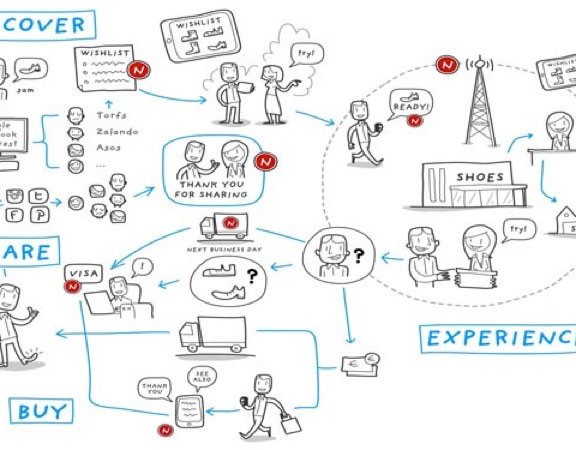LivDigital Independent recenetly posted an article by Grant Fleming, our COO
With online shopping rapidly increasing both abroad and in South Africa, security gaps presented by the latest banking applications could potentially be exploited by scammers during the coming holiday season.
By Grant Fleming, Chief Operations Officer of Fontera Digital Works
Though the rapid evolution in retail banks’ online services and creation of banking applications (apps) is a positive in the innovation stakes, there is a negative from a security perspective, as there are now more channels for fraudsters to potentially exploit, across social media, mobile and tablets.
According to a recent survey undertaken in the US, omni-channel shoppers – those who shop both online and at a physical store – will spend 71% more this holiday season than store-only shoppers.
Banks have to be extremely cautious when developing new and innovative platforms for consumer banking and should choose reputable developers who are able to provide sophisticated security solutions.
Unfortunately it seems that many banks spend more time putting together alerts and disclaimers to fight fraud, but when a risk is exposed, it often takes too long to find a solution to repair the damage.
Earlier this year two of the four big banks in SA announced partnerships with both Mxit and Facebook, allowing consumers to directly link their banking profiles with social media. Standard Bank is tapping into Mxit’s 10 million users, and FNB is reaching 150 000 FNB Facebook fans, by allowing their customers to do certain transactions on these platforms.
About 42.3 million mobile phones have been recorded in South Africa, with more than 59 million active SIM cards.
However, only roughly 12% of South Africans who have a mobile phone use their device for banking transactions, due to consumers being wary of their device’s security enablement.
A wealth of untapped opportunities is presented with mobile and tablet devices, but banks will have to increase their security protection and awareness in order to empower consumers and businesses when transacting online and via mobile devices.
There are things consumers can do, without having to be tech savvy, to guard against opportunists and scammers in the online banking world:
- Be wary of downloading sound or visual applications onto tablet and mobile devices from untrusted sources, as these often contain spyware and malware which could be scanning your device for personal data, such as pins and passwords.
- Never hand out personal information either via email, text message or when speaking on the phone, even if the caller claims he is represented by your bank.
- Always type the link to your preferred bank’s online website directly into the URL box or bookmark it, do not follow external links to the site, as these may pose a phishing threat, that is, tricking you into revealing private information.
- When transacting via your mobile device, consider installing a password-protected application that locks your phone when not in use for a certain amount of time. In the case of theft, or loss, this application will not allow access to your phone, and you can get add-on features that will allow you to delete all personal information on the phone should this happen
It often takes banks longer to find a solution when cash is involved, such as with ATM fraud.”
Although banks are better equipped to reimburse consumers when credit card fraud occurs, it often takes banks longer to find a solution when cash is involved, such as with ATM fraud.
This is due to some banks choosing companies with limited experience in developing and putting in place effective security measures to prevent online fraud.
To ensure that their new banking technologies are not only user-friendly but safe, it is crucial that banks take more responsibility in choosing reputable technology partners, as well as educating and empowering consumers with regards to the various options available to them when faced with a potentially risky situation.




